Last week, we were treated to ‘Yes’ activist Thomas Mayo addressing a crowd of CFMEU members about the Voice to Parliament. During his speech, he described Aboriginality as a collective that should behave like a union and use the ‘Voice’ as a means to bargain with the government.
‘If we didn’t have a voice we’d be exploited, we’d be ignored, we’d be degraded. We wouldn’t be able to further our interests and get better wages and conditions.
‘We’d be f***ed right? If you don’t have a voice you’re f***ed.
‘That’s what we’re trying to do as Aboriginal and Torres Strait Islander people is to establish a voice where we can speak with some unity and coherency and affect the decisions that are made about us and get some progress. It is that simple.’
Should races speak with ‘unity’? And what of other Australians of different races? Do they need special race-bargaining power? Do we want races bargaining inside Australia? What happened to being citizens of the same country?
Mayo continues…
‘Those same bastards that hate workers have been getting out there and spreading misinformation and lies [regarding the Voice to Parliament]. This is the best thing that we can do for this country, to vote ‘Yes’.’
The argument presented is not strictly correct, even in the context of employment. Most Australians choose not to belong to a union, finding unions to be overbearing entities that preference collective power over individual rights. There are a lot of bad memories of the Australian union movement and the horrific disruption and turmoil they forced on ordinary businesses, many of whom did not survive.
This sort of thuggish behaviour is repeated in communism. It’s the ‘Greater Good’ narrative in its most toxic form.
If the racial ‘union’ of an Indigenous Voice achieves collective bargaining power against the interests of a democratically elected Parliament, it will be – by default – silencing and oppressing the voices of individual Australians of all creeds and colours. The Voice is likely to become an untouchable, all-powerful, Constitutionally protected bully.
Mayo continued, ‘How obscene is it that some people stoop to the lowest of the low to claim that Aboriginal people will use the Voice to feather their nests…’
Yet that is exactly what Indigenous bodies have admitted to with Native Title claims, boasting that they ‘feather’ their bank accounts with billions of dollars derived from previously shared public land that was snatched up under the excuse of race.
So forgive Australians if they’re suspicious.
‘There is nothing more powerful than building a First Nation’s Voice. A black institution. A black political force to be reckoned with,’ he said, in another interview.
Mayo has previously thanked his ‘communist elders’.
‘…and also pay respects to the elders of the Communist Party who I think, without a doubt, have played a very important role in our activism and resurgence as a people … as sovereign people. I have worked with some wonderful characters and communists. I have learned a lot about the importance not just of the Communist Party, but unions too and my own peoples’ struggle. You are an important part of the struggle, just like our communist elders.’
Mayo must be living in a different nation. Australia has been one of the most peaceful, free, fair, inclusive, and prosperous nations on Earth – in history. It is, however, a threatened species, under attack from multiple collectivist ideologies picking and tearing at the fabric of society.
If the Voice to Parliament succeeds, Australia will have a state-empowered race collective with strong communist leanings…
What could go wrong?
Flat White is written and edited by Alexandra Marshall.
Got something to add? Join the discussion and comment below.
Get 10 issues for just $10
Subscribe to The Spectator Australia today for the next 10 magazine issues, plus full online access, for just $10.

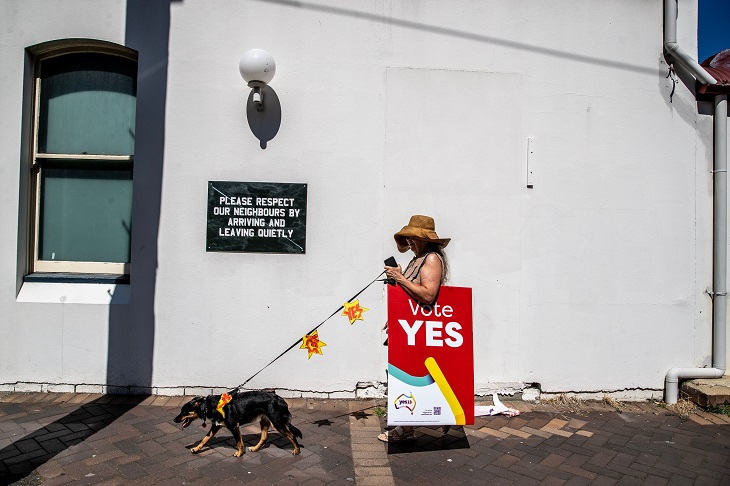

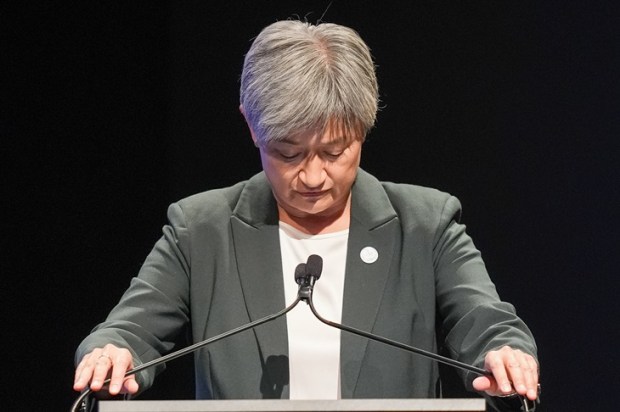
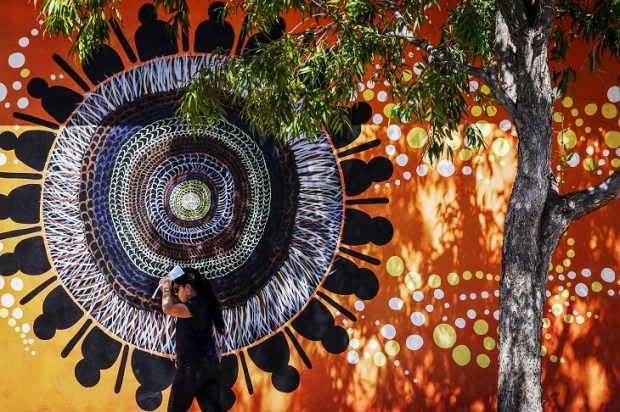
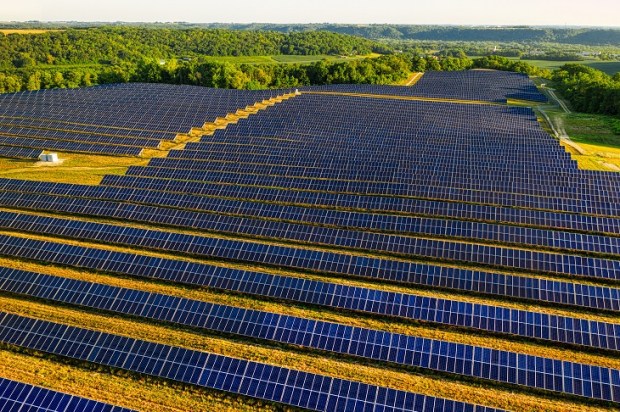
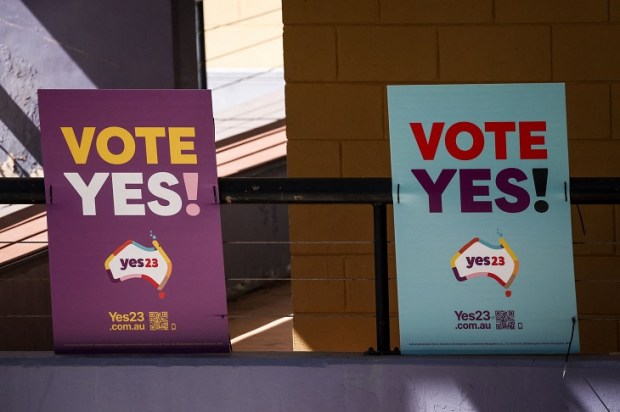
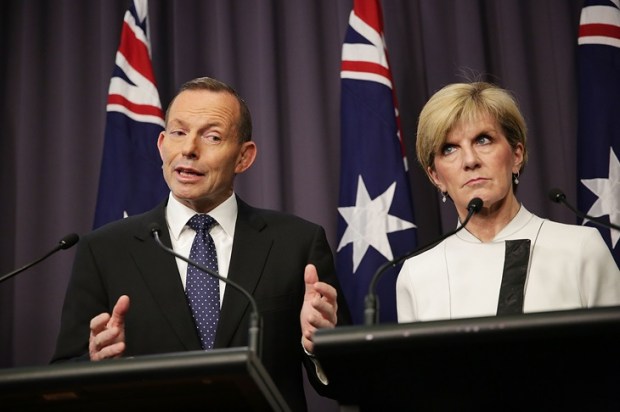


















Comments
Don't miss out
Join the conversation with other Spectator Australia readers. Subscribe to leave a comment.
SUBSCRIBEAlready a subscriber? Log in